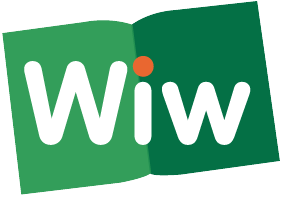
“I didn’t have time to write a short letter, so I wrote a long one instead.”
– Mark Twain
I love that quote and it’s even more powerful today than it was when he wrote it.
When I lead a workshop, people always tell me that they want to learn to write more concisely -- but they want that to be easy. I show them how to write more concisely -- but it’s not easy and it takes time.
Mark Twain knew this… it’s challenging and time-consuming to write concisely: to review and revise your message to ensure that every word conveys exactly what you want it to say with no extra words. That’s why he said he’d write a long letter instead!
But let’s write that short letter instead! Follow the guidelines below to write what Mark Twain did not:
- Remove multiple adjectives. Sometimes, you do need several words to describe an idea. (ie: full-time, salaried employee) But writers often use two or three words when one will do. Also, remove any additional enhancing adjectives such as “really.”
- Avoid repetition. Of course, it’s not a bad idea to, as an example, to thank your reader for their business – but how many times do you need to say it! If words are the clothes our thoughts wear, we should follow Chanel’s advice by “looking in the mirror each day, and removing one extraneous accessory.”
- Consider how you’ve organized your content. Sometimes writers add extraneous words because they’ve organized their content poorly. Have you found the most efficient and logical way to convey your message? Is it a message that requires a process (step 1, step 2, step 3…)? Is it something that follows a chronological order? Are there details that should be shared most important to least important? Consider formatting this in a list format.
- Examine your phrases. Sometimes prepositional phrases are important; but often times they are clutter that could be rewritten
in a more efficient waymore efficiently. Other phrases are fine when used verbally, but are clutter in written language. (ie: “given the fact that” can be changed to “because.”)
- Eliminate passive voice. In active voice, the subject of your sentence is doing the action – often eliminating the need for extraneous verbiage. (ie: “she was harassed by her supervisor,” versus “the supervisor harassed his employee.”)
It takes time and hard work to write that short letter. But follow these guidelines to write a short one and your reader will thank you!
Want to learn more about being a better writer or editor? Check out our books (Amazon) and courses.
about any of our products or services.
 Visit us
San Francisco Bay Area
Visit us
San Francisco Bay Area
 Mail us
natasha@adcomdesigns.com
Mail us
natasha@adcomdesigns.com
 Call us
(510) 655-6477
Call us
(510) 655-6477

